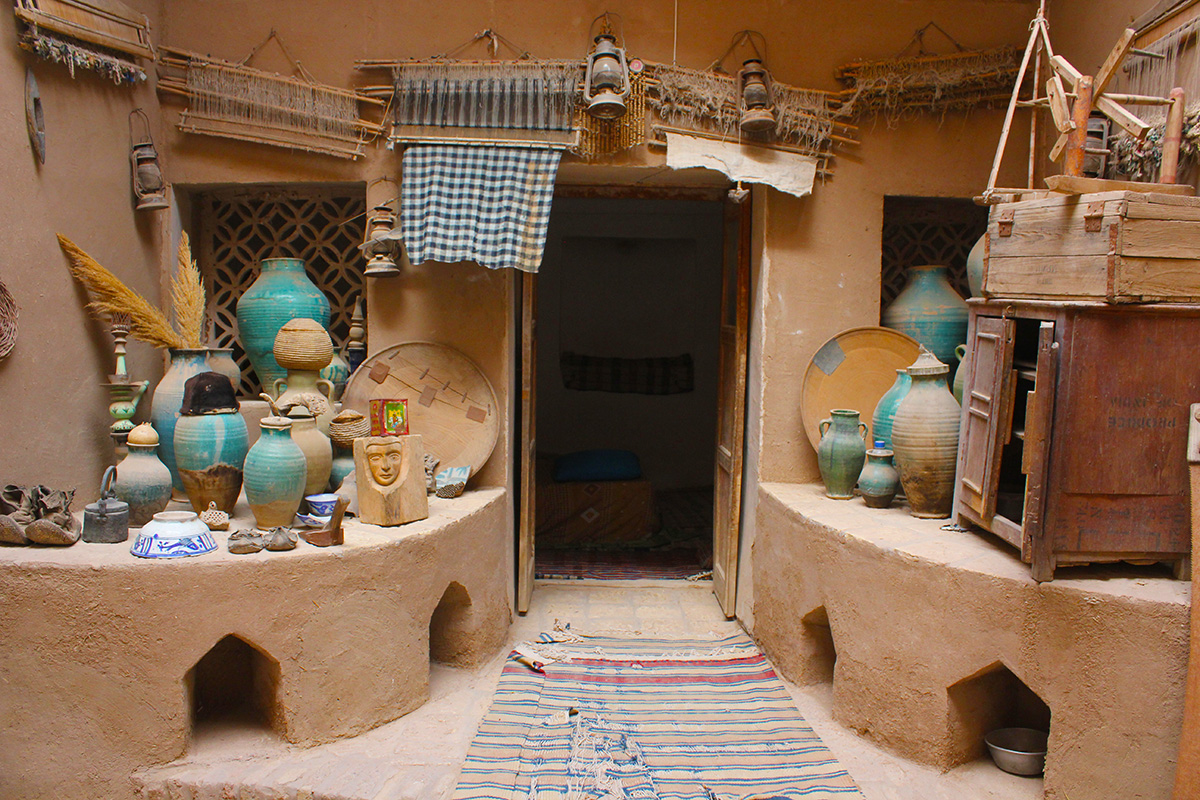Samanoo
سمنو ,samanak, sumanak, samanu, samanoo, sumalak
Samanu , Samanak (Persian: سمنک / samanak), Sümelek (Kazakh: сүмелек / Turkmen: Sümelek / Syumelek), Sumanak (Tajik: суманак), Sumalak (Uzbek: sumalak [sʉmælˈæk]) or Sümölök (Kyrgyz: сүмөлөк [symœlˈœk]) is a sweet paste made from germinated wheat (young wheatgrass) and wheat flour, which is prepared especially for Nowruz (beginning of spring) in a large pot (like a kazan). This practice has been traced back to the pre-Islamic Sasanian Persian Empire. Although Samanu is prominent for "Haft-Sin" (the seven symbolic items traditionally displayed at Nowruz), the preparation "mela" (referring to a picnic) and eating it is traditional in Afghanistan. The wheat is soaked and prepared for days and so the entire process takes up to a week. Traditionally, the final cooking would take from evening until the daylight and was a party involving only women. This would be full of laughter and music and singing related songs. In Iranian tradition the whole gathering, mostly women, gather near the huge pot. They sit in a circle, sing songs, and have fun, each of them waiting for their turn to stir the sumalak. While stirring the samanak, wishes can be made. Also, whole walnuts are thrown in near the end of the preparation while making a wish. In the morning still warm sumalak is handed out to neighbors, relatives and friends. In Tajikistan and Afghanistan they sing: Samanak dar Jūsh u mā Kafcha zanēm – Dīgarān dar Khwāb u mā Dafcha zanēm. (meaning: "Samanak is boiling and we are stirring it, others are asleep and we are playing daf"). In modern times, making Samanu can be a family activity. Traditional Samanu is made entirely of germinated wheat and water (no other ingredients). Nowadays, it is common to add a bit of flour to speed up the thickening process, although this makes the paste taste somewhat bitter and less sweet.
Source: Wikipedia


